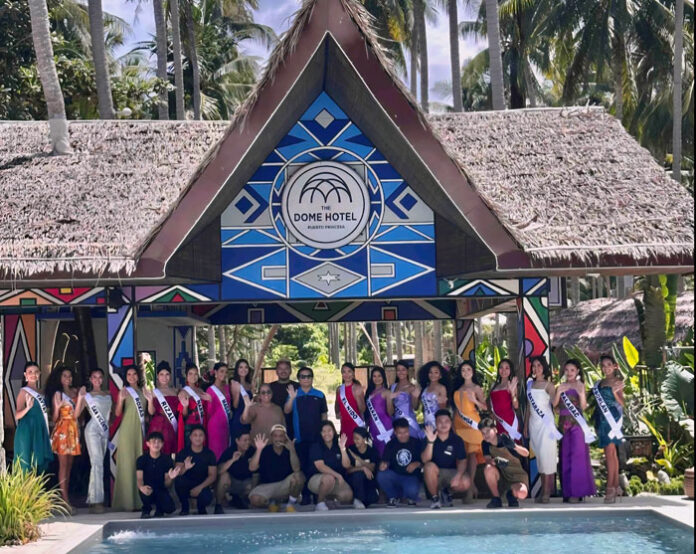“Sara’s 2023 claim that Romualdez fears her candidacy reveals her insecurity, not his ambition”
IN A Philippines addicted to political theater, Ferdinand Martin Romualdez stands apart for what he avoids: the spotlight.
While rivals chase TikTok fame or jet abroad for photo ops, the House Speaker passes bills, monitors funds, and feeds the hungry.
His low-key resolve—evident in his denial of 2028 presidential ambitions—may be his boldest act.
As the nation faces post-pandemic recovery and geopolitical strain, Romualdez’s competence, legislative record, and courage make him the steady leader Filipinos need.
Romualdez’s focus on governance over glamor sets him apart.
His spokesperson, Princess Abante, notes he’s “filing bills, monitoring public funds, and bringing service” while others campaign early.
Consider Republic Act 10754, which he authored to expand disability benefits—a quiet win that changes lives.
Contrast this with Vice President Sara Duterte’s flair for headlines, often overshadowing questions about her ₱612.5 million in confidential funds.
Romualdez’s oversight of those funds, culminating in a 215-vote impeachment push against Duterte, wasn’t populist pandering; it was a stand for accountability.
Critics call it politicking; supporters see principle. Either way, it’s leadership.
Controversies dog him, but they reveal strength.
The “tambaloslos” jab from Duterte, implying inefficiency, backfires when you consider its context: Romualdez was aiding the poor.
As Abante asks, “Is helping the hungry something to be ashamed of?”
The impeachment saga, while divisive, underscores his coalition-building prowess—70 percent of the House rallied behind him. This ability to unite a fractious chamber is vital for a polarized nation.
His dynastic ties, as cousin to President Marcos Jr., draw scrutiny.
Critics decry another political clan; yet, in a volatile world—South China Sea tensions, 6.2 percent GDP growth at stake—his Marcos connection offers stability.
His Harvard and Cornell degrees, plus banking experience, equip him to manage fiscal challenges better than charisma-driven rivals.
The Marcos administration’s economic gains owe much to his legislative backing, proving he’s more than a name.
The Duterte feud is less a threat than an opportunity.
Sara’s 2023 claim that Romualdez fears her candidacy reveals her insecurity, not his ambition.
Her family’s divisive populism has fractured the Philippines; Romualdez’s unifying style—evident in those 215 impeachment votes—is the antidote.
Where Dutertes thrive on conflict, he builds bridges, a skill essential for 2028’s challenges: economic recovery, geopolitical navigation, and healing a divided electorate.
His weaknesses are real but manageable.
Lacking executive experience as a governor or mayor is a gap, but his banking and House leadership roles show he can handle complex systems.
His reserved media presence—eschewing “cute” TikToks—may struggle in a personality-driven campaign, yet it signals authenticity in an era of spin.
Voters tired of performative politics may reward this sincerity.
Romualdez’s record aligns with the Philippines’ needs.
Post-pandemic recovery demands fiscal rigor; his scrutiny of ₱612.5 million in funds proves he delivers it.
Geopolitical risks require steady coalition-building; his House leadership shows he can. Polarization craves a unifier; his track record suggests he is one.
No leader is flawless—his dynastic ties and media reticence pose challenges—but his flaws are those of a doer, not a dreamer.
In 2028, Filipinos face a choice: more drama or quiet progress.
Romualdez isn’t just the best option; he’s the cure for a politics of noise.
His results—bills passed, funds scrutinized, aid delivered—outshine rivals’ rhetoric.
Voters should demand a president who works, not one who performs.
In a nation hungry for solutions, Romualdez is already serving.







